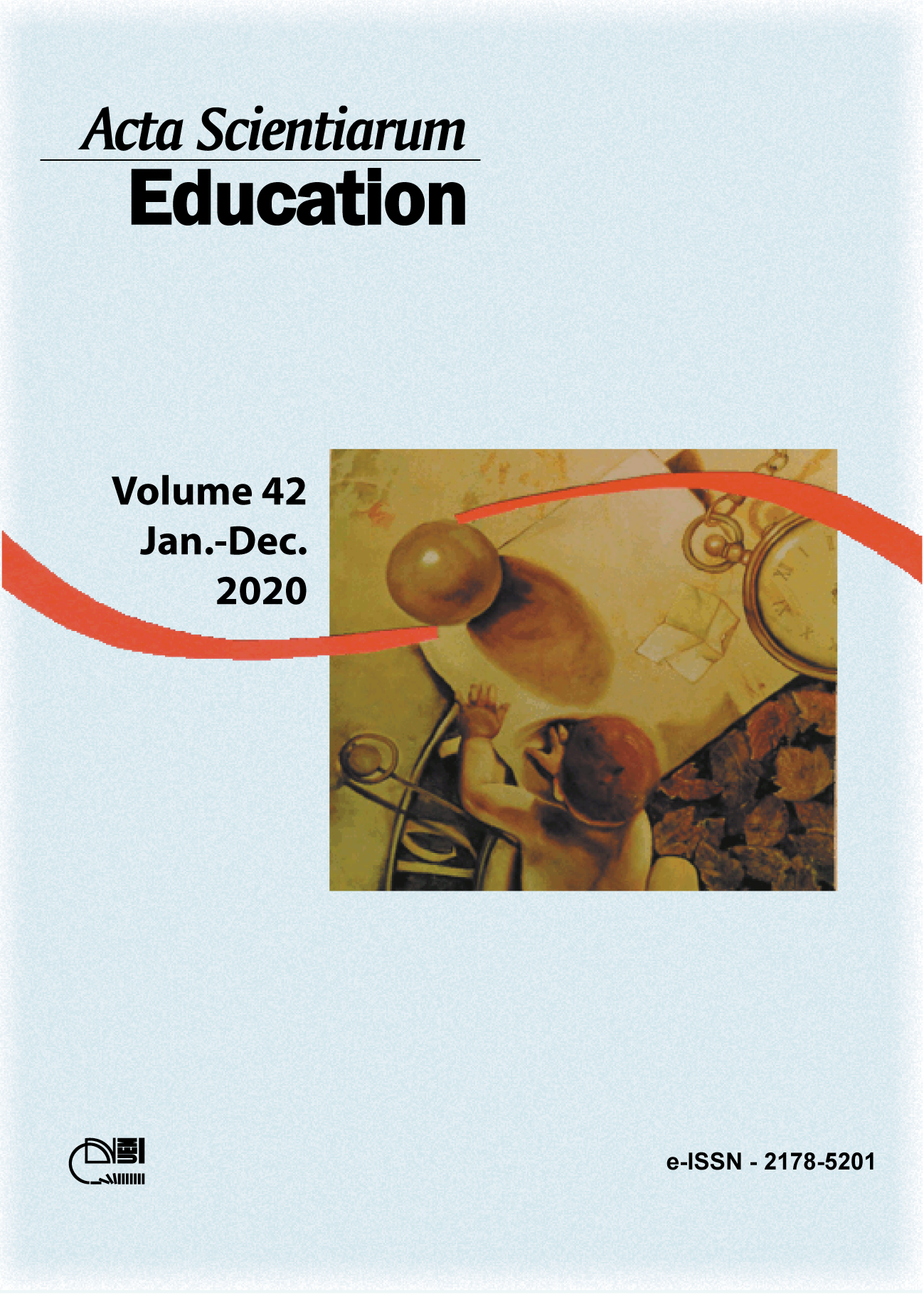Saber e virtude na obra A República de Platão. Hermenêutica do Livro VI
Resumo
A obra, República, é constituída por X livros, sendo o tema central a justiça, com um desígnio ético e político, pois assistia-se a uma decadência das cidades gregas, especialmente de Atenas. A sua proposta, aqui apresentada, será a de uma cidade ideal, mas não utópica, em que o Rei fosse filósofo e em que tivesse uma educação em sintonia com o que é ser filósofo, mediante o saber e a virtude. Neste caso, a sua argumentação deverá ir no sentido de uma compreensão da República em sintonia com a sua Teoria das Ideias que constitui o travejamento do seu sistema filosófico. Nela está presente, simultaneamente, uma teoria metafísica, política, gnosiológica, educativa e ética. O Livro VI, que será objeto de comentário, é central para uma compreensão do ‘verdadeiro filósofo’, o qual tem todas as aptidões para ser o guardião desta cidade, e isto em função do seu percurso espiritual que, do sensível, se dirige para o inteligível, Mundo do Ser, o mundo verdadeiro, que só se contempla mediante uma ascese racional .
Downloads
Referências
Chevalier, J. (1955). Histoire de la Pensée. I. La pensée antique. Paris, FR: Flammarion.
Errico, C. (2014). Presunzione e modestia: Ovvero Protagora e Socrate. Napoli, IT: Diogene Edizioni.
Leroux, G. (2012). La republique. Paris, FR: Flammarion. (não consta no texto)
Platão. (2017). República (Vol. IV, E. Gala, Trad.). Silveira, PT: Bookbuilders.
Platão, (2001 ) Fédon (M. T. Schiappa, Trad.). Coimbra, PT: Livraria Minerva.
Rogue, C. (2002). Compreender Platão. Porto, PT: Porto Editora.
This work is licensed under a Creative Commons Attribution 4.0 International License.
DECLARAÇÃO DE ORIGINALIDADE E DIREITOS AUTORAIS
Declaro que o presente artigo é original, não tendo sido submetido à publicação em qualquer outro periódico nacional ou internacional, quer seja em parte ou em sua totalidade.
Os direitos autorais pertencem exclusivamente aos autores. Os direitos de licenciamento utilizados pelo periódico é a licença Creative Commons Attribution 4.0 (CC BY 4.0): são permitidos o compartilhamento (cópia e distribuição do material em qualquer suporte ou formato) e adaptação (remix, transformação e criação de material a partir do conteúdo assim licenciado para quaisquer fins, inclusive comerciais).
Recomenda-se a leitura desse link para maiores informações sobre o tema: fornecimento de créditos e referências de forma correta, entre outros detalhes cruciais para uso adequado do material licenciado.















































